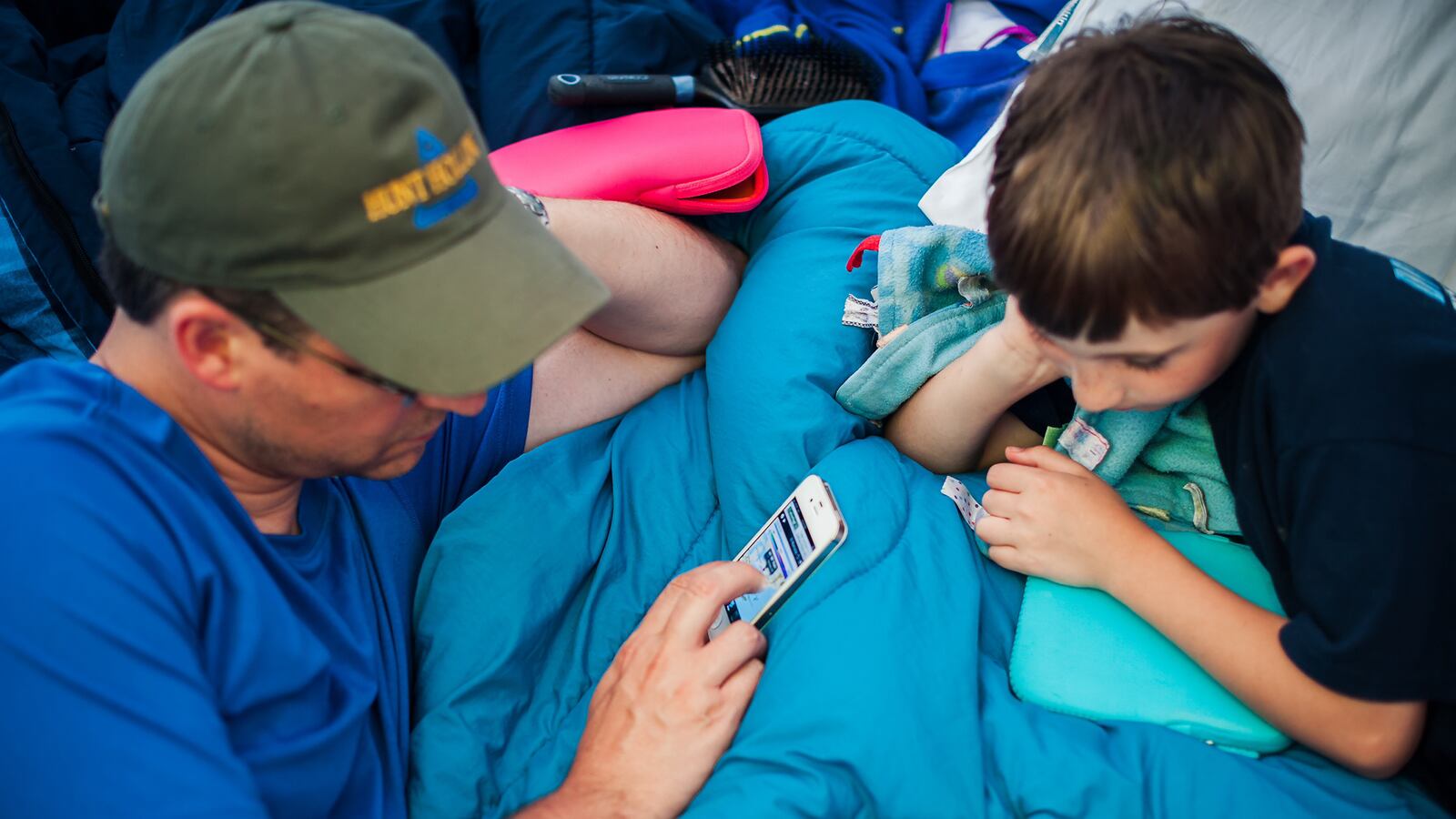Should you fling your iPhones into the sea, new parents? Are you doing irreparable harm to your infants’ development every time you check your texts or Shazam the radio? Can you Candy Crush your kids into a mood disorder? According to TIME, maybe.
Me? I’m not so sure.
Pull up the fainting couch, America. Ready the smelling salts, and have a sturdy friend nearby to pass you a snifter of brandy to calm your nerves. I’m about to drop some truth.
Rats are not human beings.
I will give you a moment to collect yourselves.
The reason I feel compelled to make an earth-shattering announcement such as this is apparently major news outlets cannot quite tell the difference.
To wit, this tweet and the associated article:
If there were a notion I could purge from the national consciousness, it would be the idea that “science” ever stands at a pulpit “showing” things. Science is not a monolithic whole, and it is not represented by a lab coat-wearing gentleman with snowy hair and a laser pointer. It is not an institute that releases press materials, and it doesn’t have a spokesperson.
Science is a method for investigating the world. It is, properly applied, a means for observing what happens around us, offering explanations for why those things happen, and testing those explanations. Over time, evidence builds up that helps support the explanations that best withstand scrutiny.
It is not a mouthpiece that pronounces at regular intervals on various subjects. A study may offer a piece of evidence about a particular question (and plenty of studies are garbage), but no single study can ever hope to speak for “science” as a whole.
But if conflating the results of a single study with the entire scientific method is bad enough, grossly overstating the findings of that study in a manner meant to play on common parental fears is much worse. Which brings me to how TIME is presenting these findings in particular.
Did researchers follow new parents around and time how often they stared at their phones instead of their kids? Did they monitor their Instagram and Facebook accounts for duration spent online instead of interacting with their children? Did the study deal with human beings whatsoever?
No. It dealt with rats.
More specifically, it dealt with rats that were born into specially designed environments where resources for proper nesting were deliberately made scarce. It turns out, the mother rats in those environments were distracted by their insufficient resources, and their babies didn’t get as much attention from them. Compared to rats raised in normal environments, those attention-deprived rats seemed to enjoy pleasurable things such as sugar and playing less than peers.
Could this study be an interesting insight into the workings of rat brains? Sure. Does it surprise me to learn that rats raised by mothers stressed by a lack of resources would have some kind of negative long-term effect? Not in the least.
What does the study actually say about human parents and cellphone use? Not a goddamn thing.
However, if you pirouette out into all manner of extrapolation and conjecture, you can come up with all sorts of eye-catching conclusions. Could one use a broad definition like “distraction” to describe both one’s Android use and a rat’s desperately searching for material to keep its baby warm?
Yes, I suppose one could. And it seems that’s all the similarity necessary to apply conclusions from the latter to human beings doing the former.
The effects of “distracted parenting” come up from time to time in the news. Hell, I’ve written about my own frustrations with parents who spend more time staring at their iPhones during visits than they do talking with me. It’s merely my own suspicion, with nary a study design to back it up, but I suspect it’s better for children to have their parents’ undivided attention on a consistent basis. But that conclusion rests on my own common sense and experience as a parent, rather than wildly misapplied findings from research on lab rodents.
Scientists are human beings, and like all people who work hard at something want that work to get visibility. Hence promoting their findings in such a manner as to attract the most attention, like suggesting they may have implications for parents who use cellphones.
But press materials about a study deserve just as much skepticism as those from a movie studio or politician’s office. Failing to question whether rat behaviors in a cage have anything useful to tell us about something as enormously complex and nuanced as human childrearing is egregious.
Should every study that draws conclusions from animal studies by discarded out of hand? No. But neither should they be presented as telling everyone what “science” writ large shows about something, even under the best of circumstances.
For my own part, I suspect I’m as guilty as anyone of being more distracted than I ought by my own cellphone. There’s always something trending, and I get beguiled, too. My New Year’s resolution was to leave my smart phone on the shelf more often, in fact.
But rats have nothing to do with my media habits, and they have nothing to do with yours, either.






